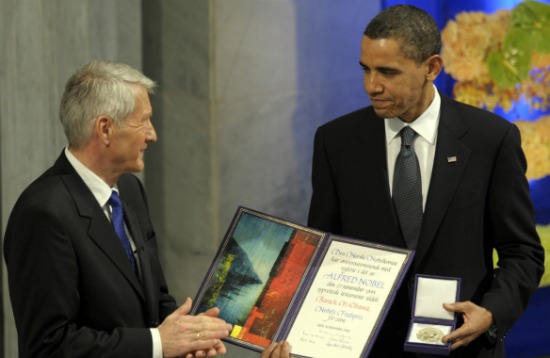
A recent article in the New York Times provides a fascinating account of the profound impact that Christian forgiveness played in a Florida murder case. This forgiveness set in motion an amazing chain of events that culminated in the murderer receiving a greatly reduced sentence of 20 years in prison. How did this happen? The answer lies both in the victim’s family’s practice of forgiveness, and also the practice of restorative justice that was employed during the sentencing process.

“Faith is the womb that conceives this new life, baptism the rebirth by which it is brought forth into the light of day. The church is its nurse, her teachings are its milk, the bread from heaven is its food.” Gregory of Nyssa’s words are both beguiling and poetic, but in my own urban context, those who bring their children forward for ‘baptism’ often seem to understand it through two, less theologically nuanced notions…

The controversy surrounding the Convention on the Rights of Persons with Disabilities, defeated in the U.S. Senate on December 4, demonstrates the tension in Catholic teaching between the need for effective international institutions that promote human rights and the need for international institutions that respect a proper balance between their own authority and the authority of states.

The lectionary readings for Epiphany bathe the reader in the language of light. Isaiah 60:1 commands the people of Zion to “Arise, shine; for your light has come.” Psalm 72:5 invokes those celestial light-givers, the sun and moon. And of course Matthew 2:2 gives us the splendid star-following magi and their sparkly gift of gold. In our most domesticated and tamed interpretations, we bask in the warm and cheerful glow emanating from these readings. Like our fireplaces keeping the gray winter at bay, these passages have become homey and cozy for many readers. Truth be told, I rather like that warm glow this time of year! Yet when these passages are let out of the house, they open up a larger landscape filled with things other than light and joy. Yes, they celebrate divine justice for the poor and the leader’s power to create it. They also illuminate the darkness and deception of power politics. They lift up the vulnerability of the divine sovereign made flesh, but also blatantly seek world dominion for the Davidic king. They rejoice in the manifestation of God, but also point to places where God‘s justice is eclipsed by political animals. In short, these passages for Epiphany disorient us about God and politics as much as they reveal God‘s relationship to the world…

